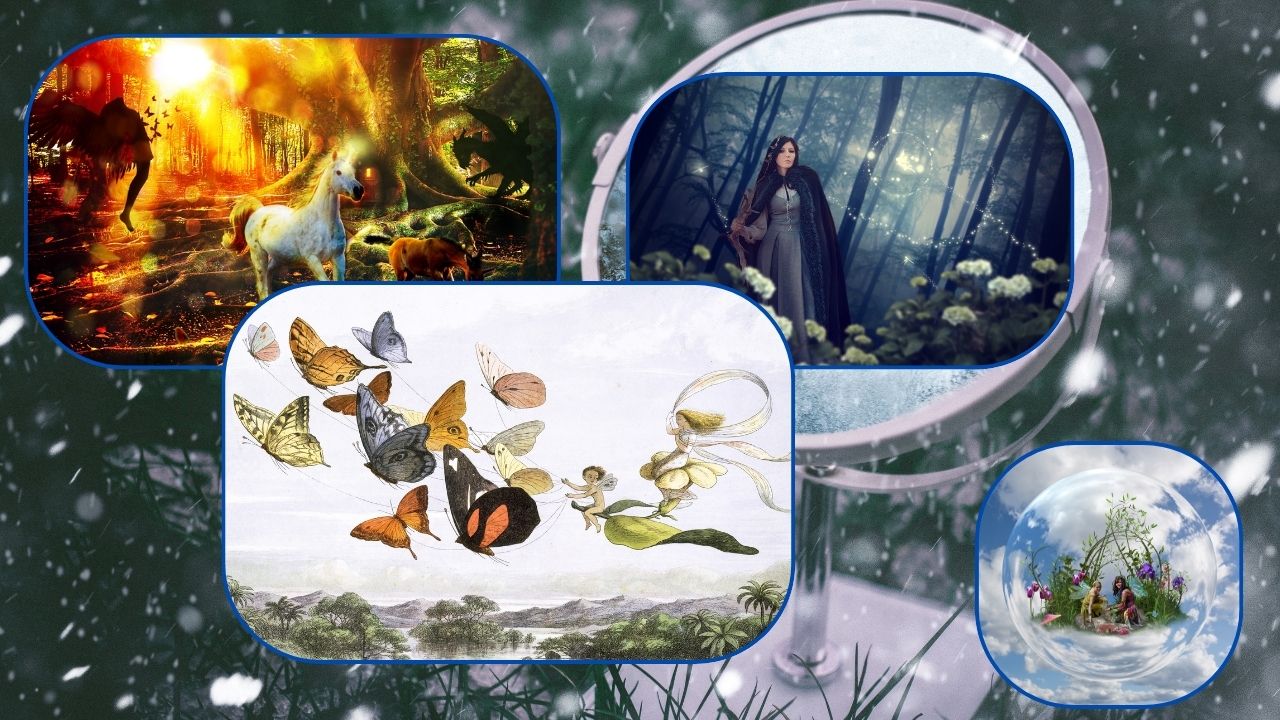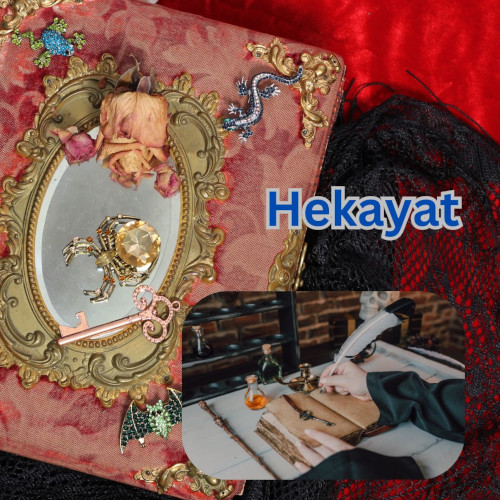There were two brothers, one a dervish and the other a king. The king’s name was Mokhtar. The dervish had one son, while Mokhtar had two sons. Despite their modest means, the dervish’s son, Ebrahim, excelled in his studies.
One day, Ebrahim said to his father, “Go to your brother; perhaps he can help us.” The dervish went to Mokhtar’s palace but returned beaten and humiliated. That night, the father and son packed their belongings and left until they reached a new city. Ebrahim told his father, “Sell me as a servant.”
A Jewish man bought the boy for 300 tumans. Ebrahim used this money to buy a house and arrange work for his father before returning to serve Shimon, the Jew. Ebrahim’s exceptional work caused the other shopkeepers to lose customers, so they complained to the city’s king. The king bought Ebrahim from Shimon for 3,000 tumans and made him his vizier.
Now let’s return to King Mokhtar. A flood struck his land, forcing him to flee. He arrived in the city where Ebrahim lived. Mokhtar introduced himself to the local king, who appointed him as a vizier and made Mokhtar’s sons guards at the palace.
One day, while walking in the garden, the king asked Mokhtar, “What does my garden lack, O vizier?” Mokhtar replied, “The laughing flower (*Gol-e Qahqaha*).” The king became obsessed with obtaining this flower and, at Mokhtar’s urging, assigned Ebrahim to fetch it. Ebrahim agreed but insisted that Mokhtar’s sons accompany him.
The three set out and arrived at a crossroads with three paths: one labeled “Did Not Return,” another “Returned,” and the third “Neither Returned Nor Did Not Return.” They placed their rings under a stone as a marker and took separate paths. Mokhtar’s sons eventually ended up in a city and fell into poverty, becoming beggars.
Meanwhile, Ebrahim took the path marked “Returned” and reached a mirage. There, he encountered Khidr the Immortal, who, upon learning of Ebrahim’s quest for the laughing flower, wrote a letter for him to deliver to a demon who knew its location.
Ebrahim brought the letter to the demon, who turned him into a needle, placed him in his chest, and returned home. When the demon’s sons arrived, they complained about smelling a human. The demon swore on their pain and their mother’s milk that no harm would come to the human. He then recited an incantation, breathed on the needle, and Ebrahim reappeared.
The demon said, “This boy seeks the laughing flower. I will give you one shoe; throw it, and wherever it lands, the laughing flower will be found.” They threw the shoe, found the flower, and Ebrahim brought it back to the king.
Mokhtar was held to account for his actions. Ebrahim reunited with his father, and they lived happily ever after.



